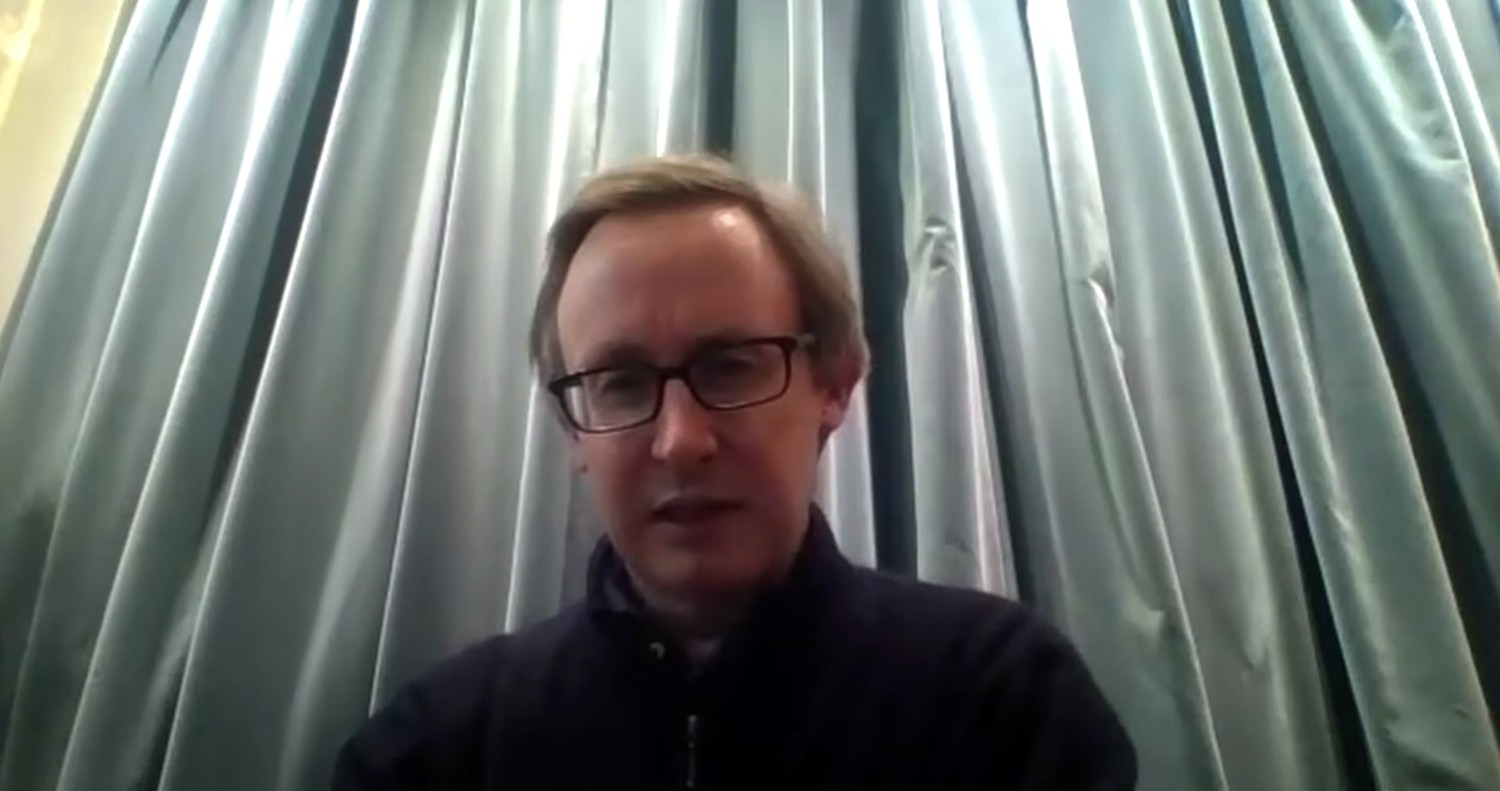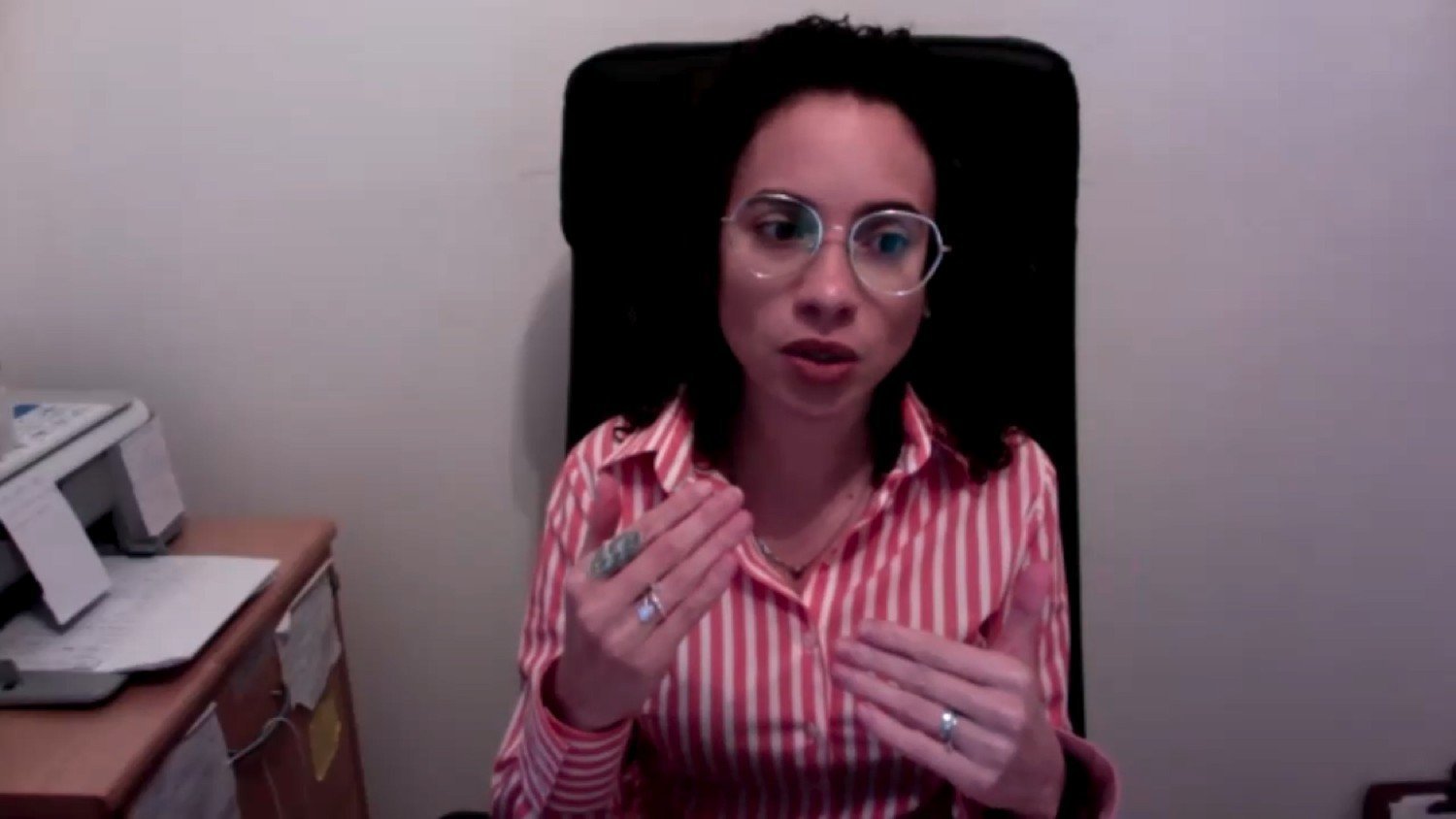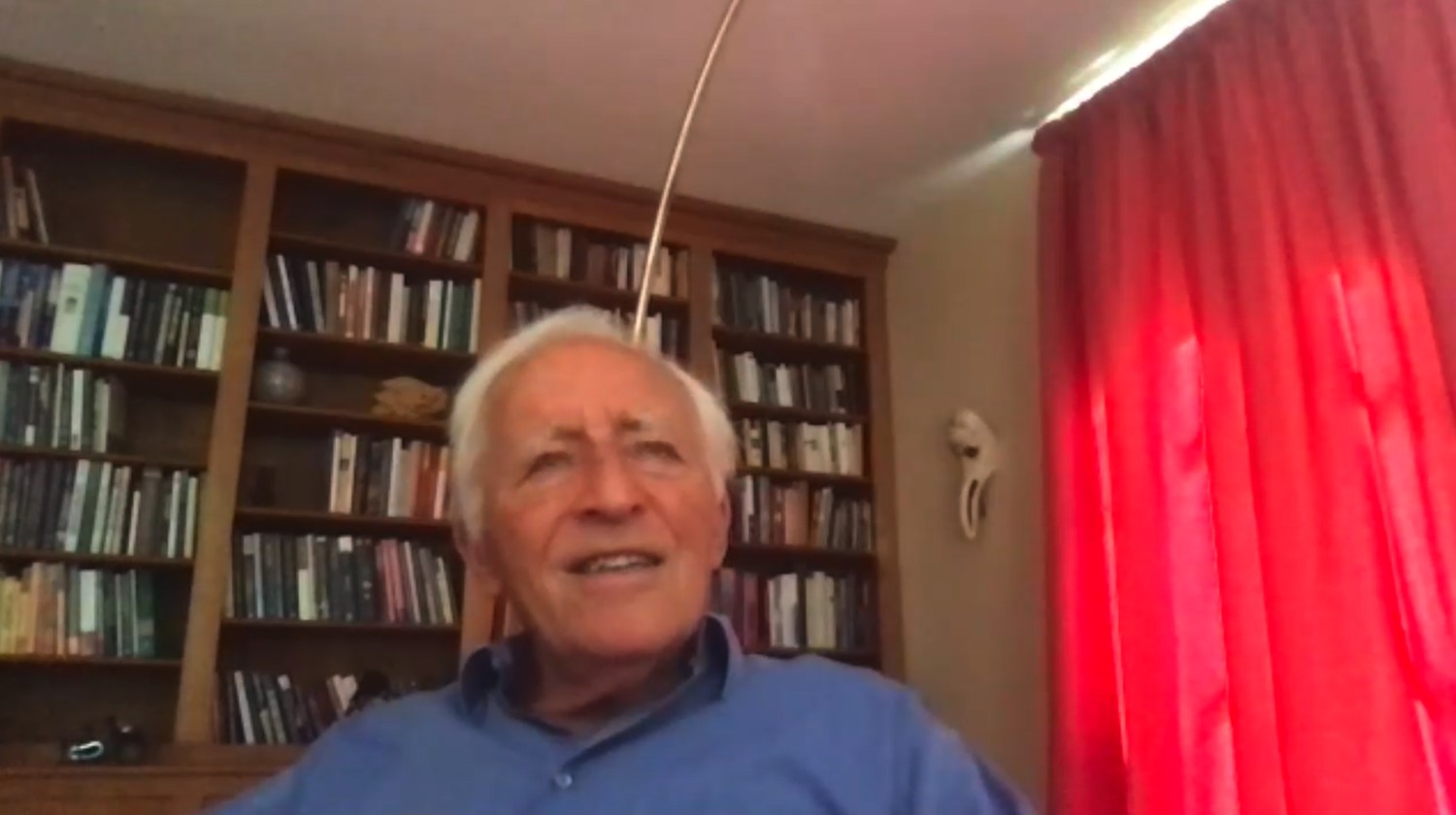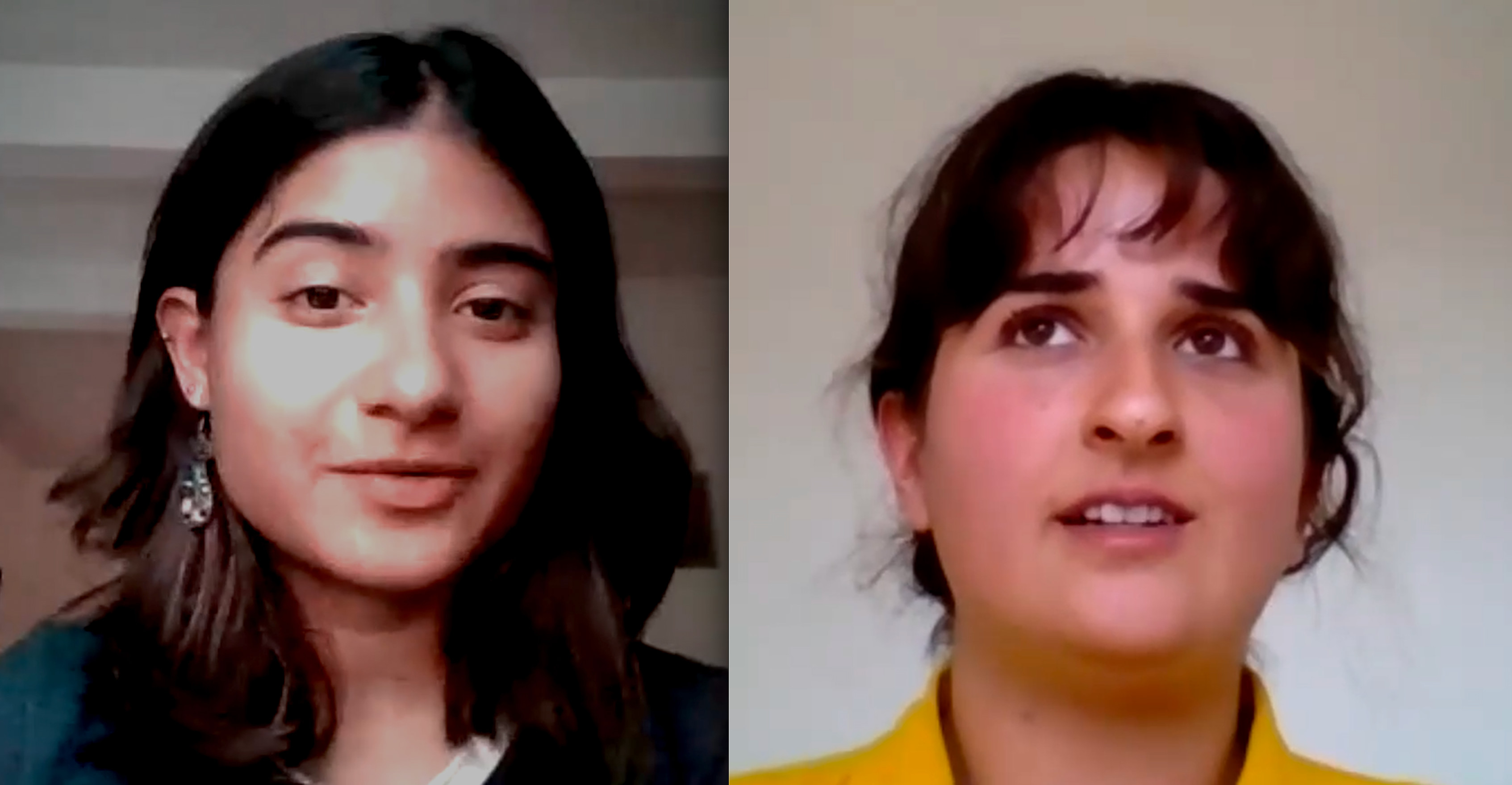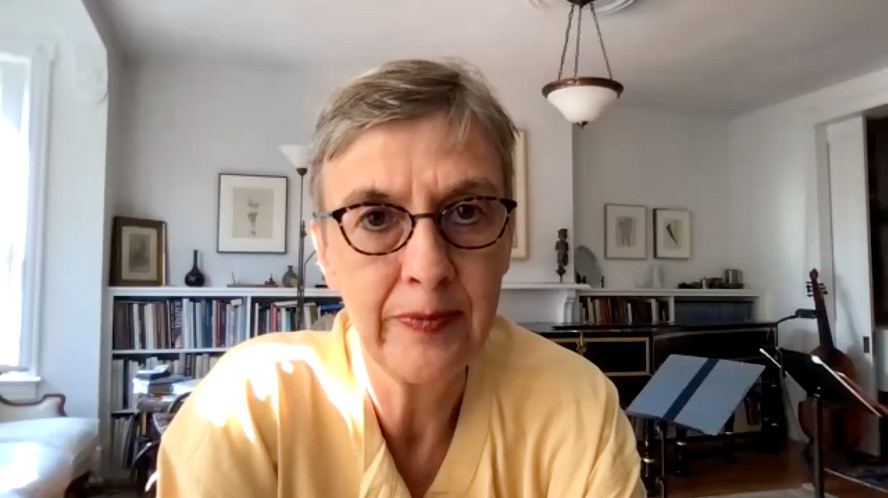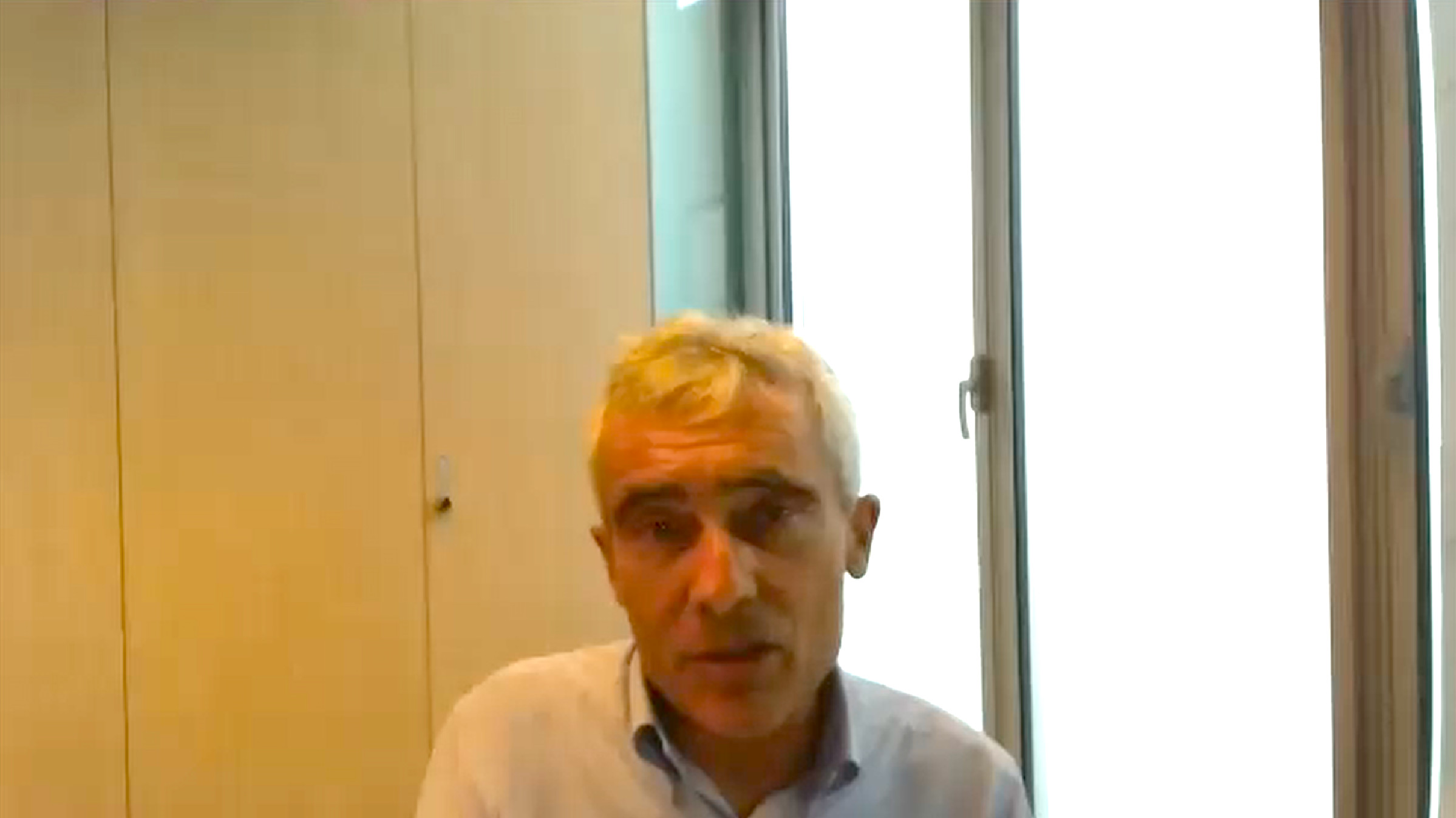Muhamad Chatib Basri
Indonesian. Economist, Former Minister of Finance of Indonesia, scholar
1. Why does economics matter?
Well, I think it does. There are several reasons why economics, in my view, matters. But first, it provides us with a framework to understand about the concept of scarcity, or how to deal with the basic economic issue of unlimited wants versus limited resources. And based on that, economics provide a framework to understand about the importance of priorities, about choice and somehow also people’s behavior. And I do believe that the problem of choice, of scarcity is really an everyday problem for people.
That is why economics tries to provide a framework which is very useful even for everyday people’s problems. Secondly, it also provides a framework for how to design a policy, for example - including, for example, to boost economic growth or dealing with the issue like inflation or even economic crisis. It helps us partially to provide the issue of this, dealing with the issue of social protection.
But of course, it would be wrong to think that economics can solve all this issue because many other factors also play an important role, including the so-called “non-economic factors” like politics, sociology or other factors. In my life as a former Minister of Finance, I was lucky to get an opportunity to address the financial turbulence during the Taper Tantrum of 2013. And I got a chance to implement the policy based on this economic framework. And it helped us to bring back the financial stability after seven months.
So I could see in reality how does economics matter, given that policy implementation.
2. What are the differences between economic science (academic economics) and economic engineering (policymaking)?
I like this question, particularly because much of my work is a combination between economics, public policy and people. And I was lucky to get a chance of wearing two hats as an academic and also a policymaker. And one thing that I learned from this experience: I was humbled by the political reality. And this is exactly what happened as an academic.
We learn, or we discuss about the so-called positive economic such as, what is, what was, we try to grasp the reality in the economic models, formalising through the so-called mathematical models. This helped us to provide a framework. But unfortunately, we cannot generalize this model in all cases in the world. There is no such thing as “one size fits all.” The mathematical models help us to focus our study, to look at the causality between some variables.
It helps us for analytical, but unfortunately, economic policy is very different. In economic policy, in my experience, we realized that we are not living in the first-best world or ideal world - we are probably living in the second best or maybe fourth-best world and run by the fifth-best bureaucracy. And we can’t complain with that. We have to work within constraint. In academics we can talk about the ideal solution. We can assume about the ideal solution, but in reality it’s very different.
We have to implement policy in an imperfect world, how to do economic reform, for example, within some political constraints. As we know, economic theory provides us a framework on the impact on some policy or reform to society. But unfortunately, economics is silent on how to do it. Economic policy deals with the political, sociology, anthropological, legal issues. And we are not implementing this in the vacuum situation. We have to work within constraint.
So that is why policy, economic policy, I do believe that it’s very different with what you call the economic science or academic economics.
3. What role does economics play in society? Does it serve the common good?
The economic does provide a framework or insight on the implications of government policies. In my experience, for example, it provides insight on how to improve the targeting of the subsidies, for example. Let me share with you the experience of Indonesia. In Indonesia, we subsidize gasoline because this is the easiest way, the simple way to provide social protection to people, where large informal sectors are here.
And we don’t have data to provide the very targeted social protection, that’s the reason why the simplest way to provide the social protection is by providing the fuel subsidy. But unfortunately, this kind of policy is biased towards the middle and upper class, because the one who gets the benefit from this fuel subsidy is actually middle and upper class. They are the ones who consume the gasoline with their cars, etc. The link for the middle and lower income group to the gasoline is through public transport.
So that is why we decided at that time to adjust the fuel price and we reallocate the money, this subsidy, to the poor people using the so-called direct cash transfer. The interesting part is: how do we target the poor when don’t have data? In my experience, rather than targeting the poor, it is better to let the poor to show themselves. And this is very interesting to me, because this is related to the idea of people’s response to incentive.
So let me share with you this story. We don’t have data. We didn’t have data at that time, but we made the process of this this disbursement or distribution of this cash transfer like in the queue, a bit difficult. So everyone has to wait for several hours to get the cash transfer for 15 dollars at a time. The reason why we make this process rather difficult: if you come from the middle and upper class, I don’t think that you will spend a lot of time to queue for 15 bucks.
So the one who were queuing at a time, more or less must come from the lower-middle income group because they badly need the money. And it worked, based on that we can identify the poor people. We get the data and we try to use the information based on that. But in other different situations, we believe that people respond incentive, but that’s not always the case. For example, in the case of this pandemic: sometimes we are wondering why, in the case of Indonesia, even the middle and upper income group, or the educated one, it is very difficult for them to stay at home even though they realized that the risk is there for the pandemic. And probably one of the reasons behind that is because the issue of this cognitive bias, etc.
So I would say that economics plays a role in society. It provides a useful framework. But I think it would be difficult to say that there is the so-called “one size fits all” for everything. And it serves the common good, yes it does in some of the issues. But in other issues, we probably have to look at this issue more carefully, not only from the economic perspective, but also from other perspectives.
4. Economics provides answers to problems related to markets, efficiency, profits, consumption and economic growth. Does economics do a good job in addressing the other issues people care about: climate change and the wider environment, the role of technology in society, issues of race and class, pandemics, etc.?
Well, the answer is how do we define economics here? If we define economics as a concept of this invisible hand or entirely believe in the market mechanism, maybe the answer is no. Let me give an example. Look at the case of the distribution of vaccines nowadays.
We are facing a problem here because the inequality of the distribution. If I’m not mistaken, The Economist magazine, for example, stated that rich countries with the population less than 15 percent in the world, total population, control about more than 50 percent of the total vaccine production. And for the developing countries, emerging economies, some emerging economies or developing countries have difficulties in obtaining vaccines. Inequality in distribution will complicate this global recovery.
So if we let everything go to market, I think it will be very difficult. And related to that, to make things worse here, the third wave of the pandemic have taken place in several countries, so understandable that some countries put their own interests first. So we learned about something that we call the vaccine nationalism, and this situation reminds me of the situation in the game theory about the prisoner’s dilemma: that when everyone tries to serve their own self-interests, we end up in the suboptimal situation because we don’t want to cooperate.
And this is the reality that we are facing, the problem that we are facing now. To solve this problem, we somehow need the cooperation. So if we let everything be solved by the market clearing of the invisible hand, I don’t think economics could solve this problem. But we also understand that economic thinking is also dynamic here. We learn from our mistakes in the past, that the market failure exists, we also learn there is room for government intervention, for the market failure. We also learn about the importance of sustainable development, externalities, etc..
So back again to your question, I do believe is if we define economics in a very narrow definition, maybe the answer is no. It could not solve the problem of the issue of climate change, pandemics, etc. But I do believe that economic thinking is also dynamic and tries to learn from the past experience, including our mistakes in the past.
5. As we live in an age of economics and economists – in which economic developments feature prominently in our lives and economists have major influence over a wide range of policy and people – should economists be held accountable for their advice?
This is a difficult question because even though economics is considered science - we like to claim that economics is a science that has a robust methodology that tries to measure of variables under objects scientifically - but it is still a social science where there are many things not exactly like the engineering, for example. Therefore recommendations from economists should be taken carefully. These policy recommendations are relative, and we should also understand the assumption behind it.
For example, my joke is: if the institution is still in the Jurassic Park, and we provide a policy recommendation like Star Wars, this is not going to work. We have to be very realistic with the situation. During my time when I was a finance minister, when I was in the government, I often told IMF or the World Bank that their policy recommendation was really good, perfect, but it can only be implemented 25 years from now because it requires a perfect institution.
Because unfortunately, developing countries, emerging economies, we don’t really have very well established institutions. So we have to be very realistic on the situation. That is why, in my opinion, economists must be responsible professionally for their advice, but the policymakers must have their judgment and also look at carefully about this policy recommendation, whether this is suitable or not for the implementation on the ground. I mentioned based on my experience, one thing that I learned as a policymaker is I am humbled by the political reality.
6. Does economics explain Capitalism? How would you define Capitalism?
This is a big and complex question. If you want to simplify, the essence of capitalism are essentially perhaps private ownership, the role of the market mechanism to allocate resources efficiently so we can have this capital accumulation. With this kind of system or model really works when economic agents get the most profitable results for themselves. Of course, all this scheme or way of thinking departs from the self-interest motive.
What we see today are the variations of this concept. It’s no longer rigid as what we imagine or we discussed earlier. Let me give an example about the case of the several countries in East Asia. I still think that it is capitalism where capital accumulation plays an important factor, but there is a hybrid between private ownership here and also the role of state, through the state owned enterprises. In the case of China, for example. We can also see how the government plays a role in some East Asian countries like in Japan or Korea.
We also know the so-called the state capitalism. Singapore - how do you define Singapore? Singapore’s government owns controlling shares in many government-linked companies, or the GLC, and direct investment through the sovereign wealth fund. But if you look at the surface economic freedom, you will call that Singapore is a country which doesn’t rely so much on this market mechanism. So the way I look at it, the self-interest motive is still there, but there is a lot of variation of it in which the role of the government is now becoming also important.
Not like in the narrow definition that we discussed before, focusing only on the private ownership, capital accumulation and let the market work. So this is the way I define that capitalism is more from the dynamic perspective.
7. No human system to date has so far been able to endure indefinitely - not ancient Egypt or Rome, not Feudal China or Europe, not the USSR. What about global Capitalism: can it survive in its current form?
To answer your question, let me quote a famous scientist, Charles Darwin. He said that it is not the strongest of the species that survives, nor the most intelligent that survives, it is the one that is most adaptable to change.
This is also very similar to capitalism, to the global capitalism. History shows that capitalism has also experienced evolution and there were various corrections to capitalism. Let me give an example. The seminal works of the greatest economist in the 20th century, John Maynard Keynes, I would call this is perceived as the reform from within, because what he did actually was to save capitalism from socialist, communist and fascist force during the Great Depression era.
And I think this is one of the important thing about this capitalism, they allow correction. And if you look at what happened in the 1980s, the pendulum swing to the other side, the Neoliberal thinking, Reaganomics, Thatcherism gave inspiration to the various economic policies in the world. Economic deregulations were everywhere. The role of the governments became very limited. And I recall what the Nobel laureate Milton Friedman said, that government is the problem.
He modified what Adam Smith said, that people who intent only to serve public interests are led by invisible hand to private interests. It was not part of their intention. People were worried about the issue of rent seeking, corruption, etc., including in Indonesia. We got the experience that government is very bad in picking winners, but losers are very good in picking government. Because this issue of corruption. And the pendulum swung to the so-called give more room to the market.
But the Asian financial crisis, and recently the global financial crisis, gave us a big lesson: that there is room for government intervention, especially under regulation in the financial sector. I was in the government, we had to deal with the global financial crisis at that time. We learned that somehow we have to regulate this financial sector. And look at the pandemic problem now, COVID-19. If you look at the theme of the fiscal stimulus all over the world, it’s do whatever it takes. Almost every country in the world now is doing the so-called fiscal stimulus, providing the social protection to the people to help the small-medium enterprises.
So it really changed the perspective. If you look from the perspective of the 1980s, probably we’ll call it the end of this so-called neoliberal. Perhaps let me share with you how do I see the role of this ideology here, in this pendulum. Let me take the experience of Indonesia. During the 70s, there were a lot of government interventions at that time. The reason behind it was very simple: because Indonesia at the time, as an oil exporter country, we had money.
So there was room for a government intervention in many aspects, in many sectors, because we could afford to do it. In the mid 80s the oil price collapsed. The same government who introduced many government interventions, started to begin with the idea of economic deregulation. So to me, the ideology played a role as an effect rather than cause here. Because we don’t have money, then we become very pragmatic, we move to the market. Not because the ideological reason.
So this is the way I look at the situation. And then if you look at the very recent situation, for example, people also respond. We are talking about, for example, about globalisation. But recently, we realized that the emergence of identity politics may be because the impacts of this globalization - inequality, the sentiment of anti-immigrants, for example. And then economists try to solve, to improve the situation, make a correction by providing critiques.
So one article that I remember very much is an article by Dani Rodrik, and the title is “How to Save Globalisation from its Cheerleaders.” The way I look at this article is “reform from within” - how to save capitalism. But the question is, maybe a couple of years from now people will start to question also the role of the government. If the government intervenes too much, then there will be reaction from the people.
Let me give an example about the disruption of the technology. How do we put the role of government in the situation of this disruption because the digital technology? The product cycle is getting shorter and shorter. There is no way that the government could introduce the regulation because six months after that, your regulation is going to be obsolete. So the ideal solution for this is we should have an agile bureaucracy. But there is no way government or bureaucracy can be agile - agile bureaucracy is an oxymoron.
There is no way bureaucracy can be agile. So probably we have to change the mindset from “agree on rules” to" agree on principle." So this is just to show an example how dynamic the situation may be at this moment. The role of the government became very crucial, but I don’t know 15 years from now, people will start to question if the government interfered too much.
8. Is Capitalism, or whatever we should call the current system, the best one to serve the needs of humanity, or can we imagine another one?
There are several things here. First, I think we have to live with the reality. We know that capitalism is the major paradigm nowadays, even though there are many shortcomings of capitalism or neoliberalism.
But as I said, also dynamics and then where the traditional concept is also developing and changing. In macroeconomic theory, for example, we start to recognize that the assumption of the sticky price, sticky wages should be incorporated into the model. In microeconomics we also learned about the issue of asymmetric information. So economics itself, the definition is very dynamic. But also on the other hand, we see also that countries who introduce the common market were having problems and became more pragmatic.
Look at the case of China or Vietnam. Politically, ideologically, you are talking about this socialism, communism. But if you look at the implementation, they somehow depend so much on the market. So in my view, many countries are more pragmatic now. The similar situation to the issue of climate change, for example. So we have to address the issues of climate change, inequality, pandemic. So what would happen, in my view, is there will be the so-called reform from within, starting from criticisms toward the shortcomings of capitalism. Look at what happened during the Industrial Revolution: the criticisms toward working and living conditions at that time. And then we also learned that capitalism tried to improve themselves, critiques come from John Maynard Keynes about the important role of the government, especially during recession. We also look at the way that the government should play a role in the case of pandemic, the issue of climate change.
So looking at this historical process, I do believe that what would happen will be a tug of war between this ideology and we will perhaps end up with the so-called with the hybrid capitalism. Hybrid capitalism means that market works, but there is a role for the government here and there - industrial policy, inequality, social protection, etc.

